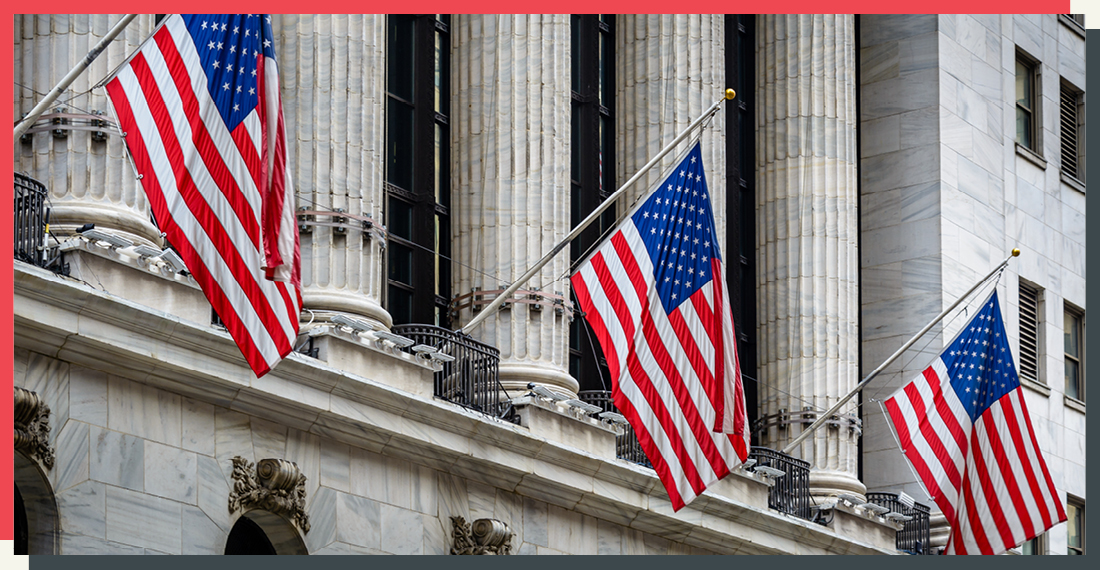By Temidayo Aganga-Williams, partner and Anna Nabutovsky, associate
On March 7, 2024, the Department of Justice (DOJ) announced a new whistleblower pilot program at the American Bar Association’s 39th National Institute on White Collar Crime. In her remarks at the conference, Deputy Attorney General Lisa Monaco explained that the new program aligns with a growing trend of award-based whistleblower initiatives in the corporate compliance space. She noted that the program is aimed at filling the gaps in incentives to self-report corporate misconduct. Monaco also discussed DOJ’s growing efforts to develop guardrails to prevent the misuse of artificial intelligence (AI).
DOJ’s “Carrots and Sticks” to Encourage Reporting Corporate Misconduct
Regarding the whistleblower program, Monaco emphasized DOJ’s commitment to implementing policies aimed at incentivizing “investing in a culture of compliance — before misconduct happens.” This program will be the first targeted award-based whistleblower program of its kind at DOJ. As Monaco put it, “the premise is simple: if an individual helps DOJ discover significant corporate or financial misconduct then the individual could qualify to receive a portion of the resulting forfeiture.” While DOJ welcomes information pertaining to any violations of federal law, Monaco highlighted particular interest in reports of criminal abuses of the U.S. financial system, foreign corruption cases outside the jurisdiction of the SEC, and domestic corruption cases.
The particulars of the program will be rolled out in the coming months, but here’s what we already know about the contingencies for claiming an award:
- First, whistleblowers will only be compensated after victims have been properly compensated.
- Second, to be eligible for compensation, a whistleblower must “submit truthful information not already known to the government.”
- Third, eligible whistleblowers cannot themselves have been involved in the disclosed criminal activity.
- Fourth, compensation under this program can be claimed only in cases where a competing whistleblower program does not already offer a “financial disclosure incentive.”
As Monaco unveiled the new program, she emphasized other DOJ whistleblowing initiatives including:
- Voluntary self-disclosure programs led by the U.S. Attorney’s Offices for the Southern District of New York and Northern District of California;
- The Criminal division providing dollar-for-dollar credit to companies that claw back or withhold compensation from culpable employees; and
- DOJ’s disclosure policy concerning mergers and acquisitions, which incentivizes acquiring companies to promptly report uncovered misconduct by the acquired company.
Additionally, Monaco underscored the broader landscape of whistleblower protections including qui tam programs, and whistleblower protections at the Securities and Exchange Commission (SEC), the Commodity Futures Trading Commission, the Internal Revenue Service, and the Financial Crimes Enforcement Network. Notably, the new DOJ program closely trails the end of a record year in 2023 for the SEC whistleblower program in which the SEC issued more whistleblower awards than ever before.
The takeaway here is that DOJ’s new initiative is designed to complement rather than compete with these pre-existing programs, with Monaco noting that “these programs have proven indispensable — but they resemble a patchwork quilt that doesn’t cover the whole bed.” This new DOJ financial incentive-based program further adds to the myriad of incentives already offered to whistleblowers in corporate misconduct cases.
DOJ’s Focus on AI Risks in a Changing World
Monaco also announced DOJ’s continued commitment to responsibly harnessing the benefits of AI while combatting its use to “supercharge” criminal activity, including corporate crime. Monaco announced that DOJ will rely on long-used sentencing enhancements to seek increased penalties for criminals who use AI to commit significantly more serious white-collar crime. Relatedly, Monaco noted that DOJ will also “assess a company’s ability to manage AI-related risks as part of its overall compliance efforts.”


.jpg)